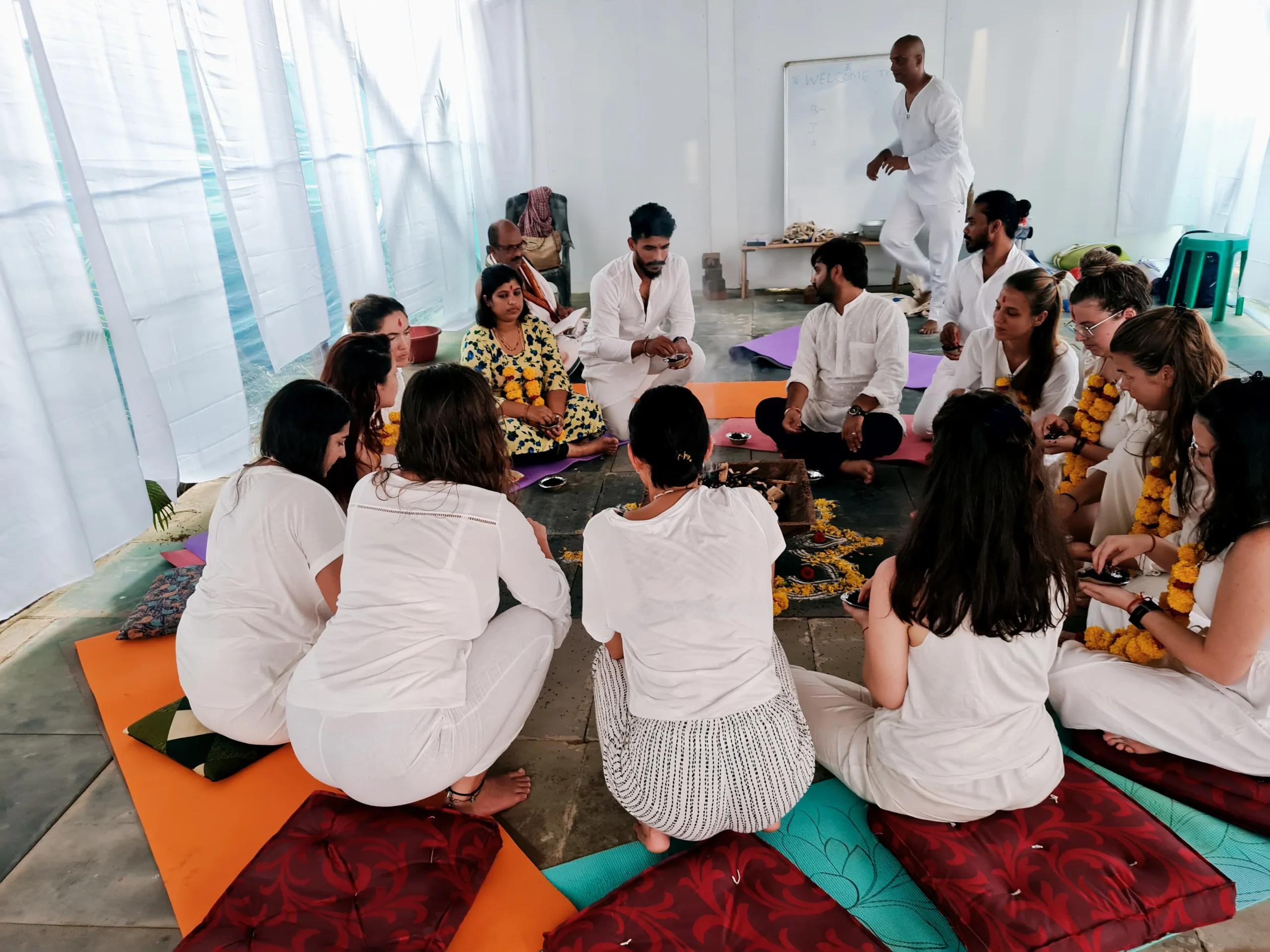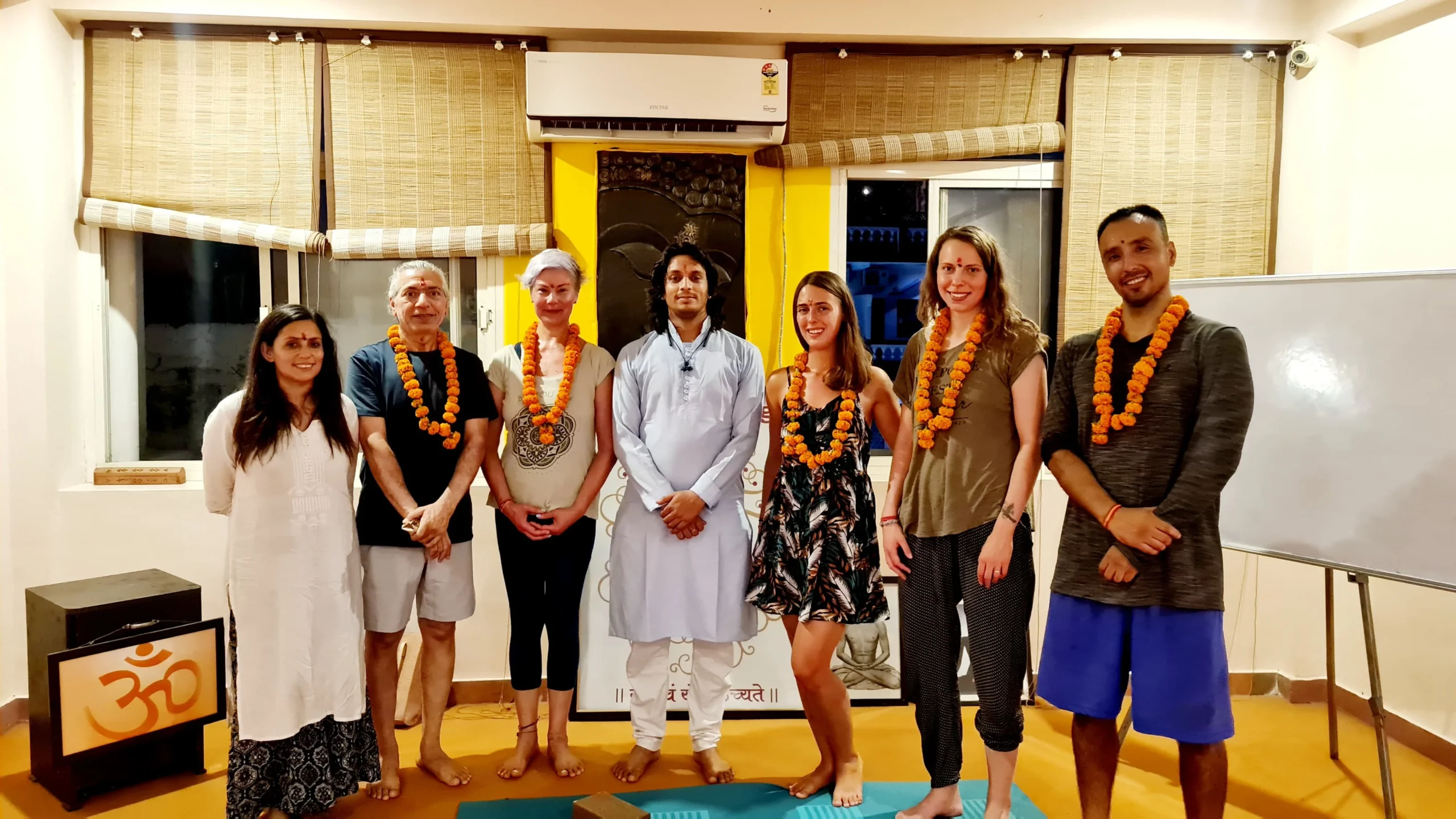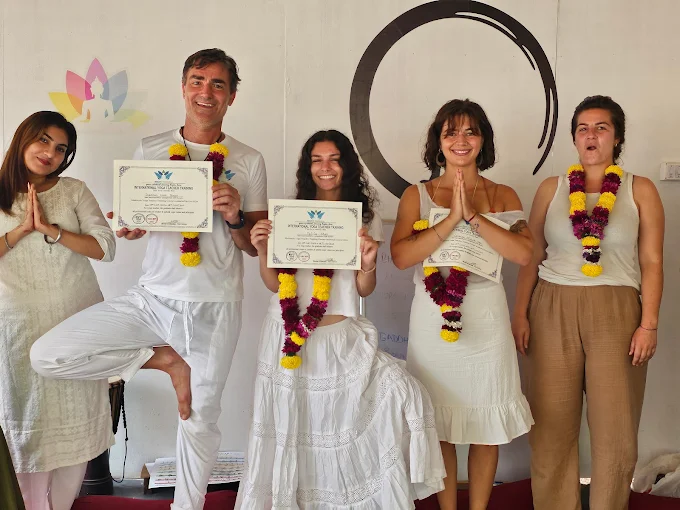Your Ultimate Guide to Ayurveda and Naturopathy
The ancient therapeutic philosophies of naturopathy and ayurveda both emphasize holistic wellness. They use natural approaches to treat illnesses and improve health, emphasizing maintaining balance in the body, mind, and spirit. Even if they are similar, their guiding ideas and methods are different. Let’s go deeper into these intriguing subjects and examine how Ayurveda and naturopathy vary, what courses are the best, and why these approaches are the greatest for natural treatment.
Two traditional medical practices that emphasize overall well-being are naturopathy and ayurveda. They use natural techniques to treat illnesses and promote health, emphasizing the significance of balance in the body, mind, and spirit. Despite their commonalities, they also have distinct ideas and methods. Take a closer look at these two intriguing disciplines and discover how Ayurveda and naturopathy vary, what courses are the finest, and why they are the best options for natural therapy.
What is Ayurveda?
Ayurveda, a traditional system of medicine from India, dates back over 5,000 years. The word Ayurveda combines the Sanskrit words “Ayur” (life) and “Veda” (science or knowledge). It is a science of life that teaches how to maintain harmony within the body and with the environment.
The foundation of Ayurveda is the belief that a delicate balance between the mind, body, and spirit is necessary for overall health and well-being.Its main goal is not to fight disease, but to promote health. Treatments in Ayurveda often involve herbal remedies, dietary changes, meditation, yoga, and bodywork, including massages and detoxification processes.
What is Naturopathy?
Naturopathy, also known as naturopathic medicine, is a system that uses natural remedies to help the body heal itself. It consists of many therapies, including herbs, massage, acupuncture, exercise, and nutritional counseling. Naturopathy believes in the healing power of nature and focuses on treating the root cause of illness rather than just the symptoms.
Naturopathic doctors (NDs) follow several key principles, such as the healing power of nature, identifying and treating the cause, first doing no harm, doctor as teacher, treating the whole person, and prevention. These principles guide naturopaths in their practice and help them create personalized treatment plans for their patients.
Difference Between Ayurveda and Naturopathy
While both Ayurveda and naturopathy focus on natural healing and holistic health, they have distinct differences. The primary difference between Ayurveda and naturopathy lies in their origins and philosophies. Ayurveda is an ancient Indian system rooted in Vedic traditions, whereas naturopathy is a more modern approach that integrates various natural healing practices.
Ayurveda focuses on balancing the three doshas—Vata, Pitta, and Kapha—believed to govern bodily functions. Treatments are custom to an individual’s dosha type, using herbs, diet, and lifestyle changes. Naturopathy, on the other hand, relies on a broader range of natural therapies and emphasizes prevention and self-healing. It incorporates elements from various traditional and modern healing systems, increasing the diversity in its approach.
Ayurveda and Naturopathy Courses
Discover the Power of Natural Healing
Ayurveda and naturopathy courses are ideal for anyone interested in holistic wellbeing and natural treatment. Whether you want to start a career in alternative medicine or enhance your knowledge, these courses cover the fundamentals of Ayurveda and naturopathy.
What You’ll Learn in Ayurvedic and Naturopathic Courses
The top Ayurveda and naturopathy schools combine theoretical knowledge with practical abilities, providing a well-rounded education in natural health. Some of the core themes discussed are:
- Ayurvedic fundamentals include an understanding of the three doshas (Vata, Pitta, and Kapha), as well as Ayurvedic philosophy and diagnostic techniques.
- Herbal Medicine entails learning about medicinal plants, herbal preparations, and their therapeutic applications.
- Naturopathic Therapies – Learn about detoxification, hydrotherapy, mud therapy, and other natural healing procedures.
- Nutrition and Dietetics – Learn about Ayurvedic dietary concepts, meal planning, and the effects of food on health.
- Yoga and Meditation entails incorporating breathwork, meditation, and movement into holistic therapeutic approaches.
- Lifestyle and Wellness Counselling – Helping people achieve balance via Ayurvedic lifestyle changes.
- Career Options in Ayurveda and Naturopathy
Graduates from Ayurveda and Naturopathy courses can pursue employment as:
- Holistic health practitioners offer personalised wellness strategies based on Ayurvedic and naturopathic ideas.
- Ayurvedic consultants provide food, lifestyle, and herbal suggestions to promote health.
- Yoga and Wellness Coaches – We integrate yoga, breathwork, and meditation into holistic treatment programs.
- Practitioners in Wellness Centres – Work in spas, retreats, or healthcare clinics to encourage natural healing.
Ayurveda Yoga Teacher Training
Ayurvedic Yoga Teacher Training, a unique fusion of Ayurveda and yoga, combines traditional yoga practices with Ayurvedic teachings to produce a revolutionary approach to well-being. This specialised training focusses on:
Ayurvedic Concepts in Yoga Practice
- Personalised yoga sequences based on the doshas
- Breathwork and meditation can help balance energy.
Ready To Start Your Holistic Health and Wellness Journey with with Ayurveda and Naturopathy?
Bhakti Yogshala offers Yoga Teacher Trainings in India, which combine Ayurveda, yoga, and naturopathy for holistic health.
Explore our yoga teacher trainings in India rooted in Ayurvedic and Naturopathic principles and start your journey of holistic health and wellness!
Enrolling in an Ayurveda or naturopathy school takes you on a journey of self-discovery and holistic healing, giving you the tools you need to care for yourself and others.

Benefits of Ayurveda and Naturopathy
The benefits of Ayurveda and naturopathy are numerous, making them popular choices for those seeking natural and holistic approaches to health. Here are some of the key benefits:
- Holistic Healing: Both Ayurveda and naturopathy consider the whole person—body, mind, and spirit—in their treatments. All facets of an individual’s health are taken care of thanks to this holistic approach.
- Natural Treatments: These systems use natural remedies and therapies, which are generally safe and have fewer side effects compared to conventional treatments.
- Preventive Care: Ayurveda and naturopathy emphasize prevention and wellness, helping individuals maintain good health and prevent illness through lifestyle and dietary modifications.
- Personalized Care: Treatments are custom to the individual’s unique constitution and health needs, ensuring personalized and effective care.
- Improved Quality of Life: By promoting balance and harmony within the body, Ayurveda and naturopathy can enhance overall well-being and improve the quality of life.
Conclusion: Ayurveda and Naturopathy
Ayurveda and naturopathy are powerful healing systems that offer natural and holistic approaches to health and wellness. Whether you are looking to learn more about these practices, pursue a career, or simply improve your health, exploring the best Ayurveda and naturopathy courses can be a rewarding journey. Understanding the difference between Ayurveda and naturopathy helps in choosing the right path for your healing and wellness needs. Embrace the wisdom of these ancient and modern practices to achieve a balanced and healthy life.
Learn more about :- 200 Hour Online Yoga Teacher Training Course | 300 hour yoga teacher training in rishikesh
Frequently Asked Questions: Naturopathy and Ayurveda
The primary difference between Ayurveda and naturopathy lies in their origins and philosophies. Ayurveda is an ancient Indian system focusing on balancing the three doshas, while naturopathy is a modern approach integrating various natural healing practices.
An Ayurveda and naturopathy course covers topics like herbal medicine, nutrition, lifestyle counseling, yoga, and meditation, providing both theoretical knowledge and practical skills for holistic health practice.
The best Ayurveda and naturopathy courses offer comprehensive training, including hands-on experience, and are designed to prepare students for professional practice in holistic health settings.
Top Ayurveda and naturopathy practices provide holistic, personalized, and natural treatments that emphasize prevention and overall well-being, improving your quality of life with fewer side effects.
Ayurveda and naturopathy promote holistic healing by considering the body, mind, and spirit in their treatments, using natural remedies and therapies to address all aspects of health.










One Response
Usually I do not read article on blogs however I would like to say that this writeup very compelled me to take a look at and do so Your writing taste has been amazed me Thanks quite nice post